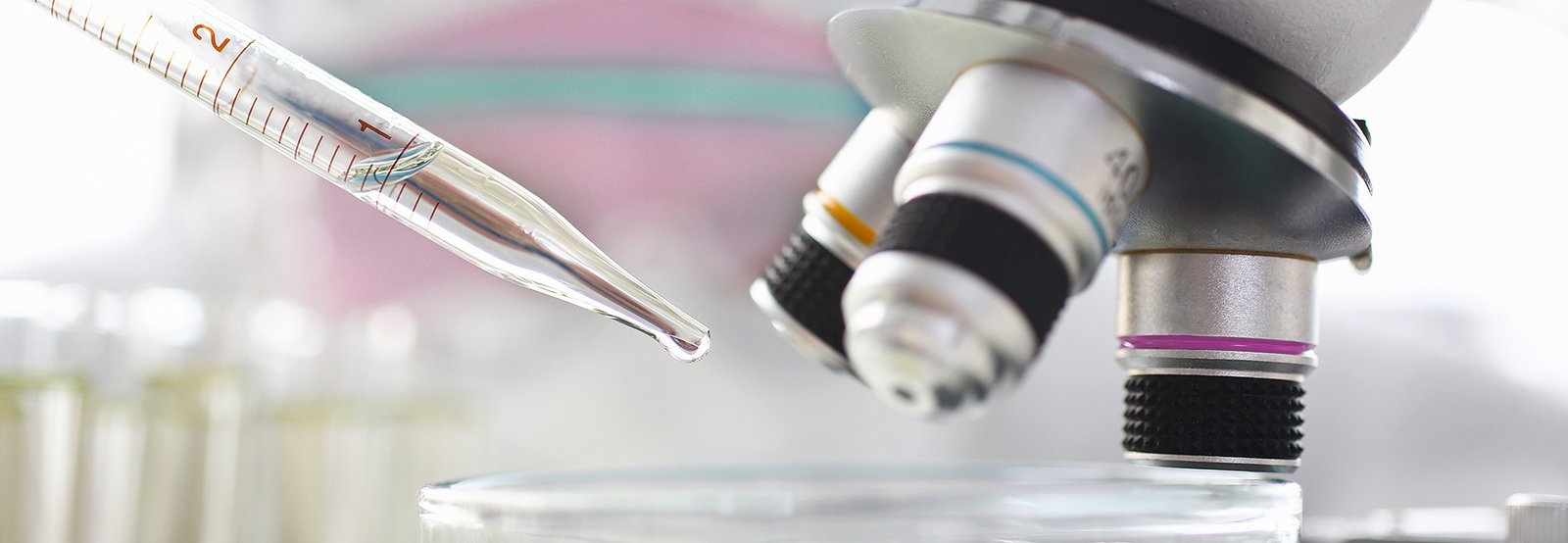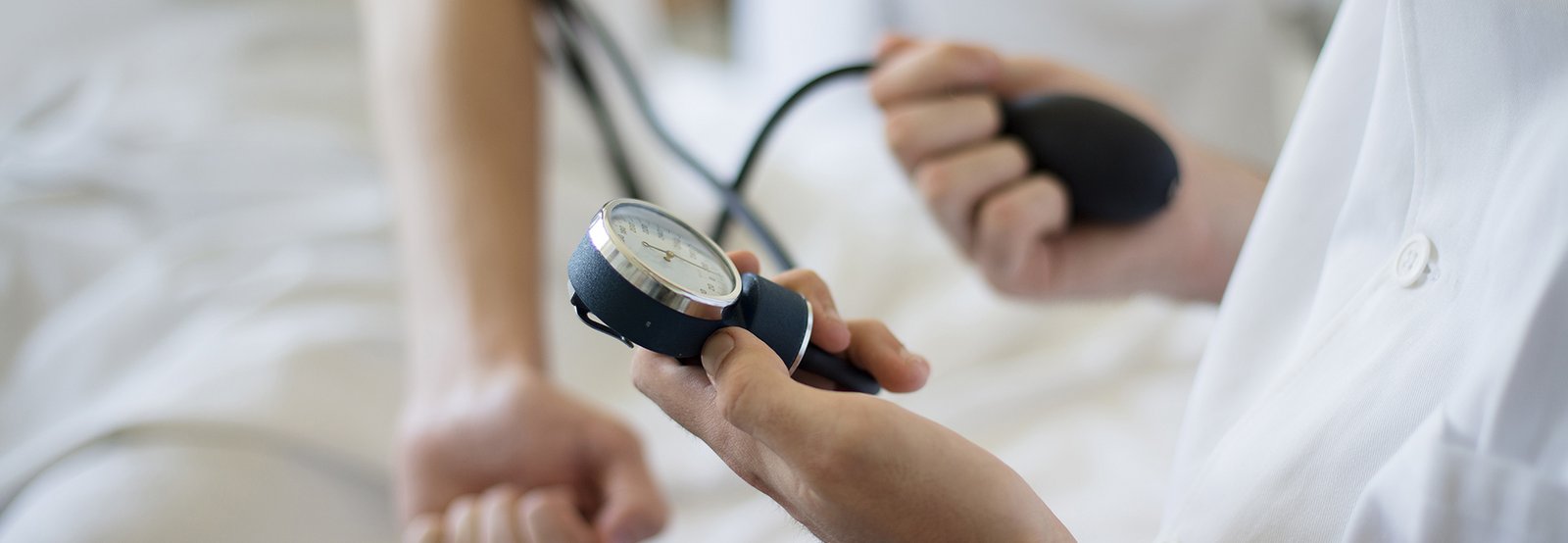
How is a clinical study conducted and what are the alternatives to participating in a study?
Medical progress in treating diseases in children and adolescents is not possible without medical studies and people who participate in them. Accordingly, it is very important for drugs and therapies to be tested on children and adolescents in the context of a trial as well, with the safety and well-being of the study participants always being the top priority. In addition, children and adolescents participating in such studies will receive first-rate medical treatment and the latest medicinal products. The following article outlines the precise course of such studies along with potential alternatives.

-
First, parents will be informed by the attending medical team that there is a suitable study examining issues of their child’s medical condition.
-
Irrespective of the study phase, the attending physician will first conduct an in-depth informed consent interview with the parents, informing them about the course of the study itself, its duration, purpose and benefit and of course also about the risks that might be involved.
-
In addition, they will be provided with a study overview in the form of written information for parents.
-
Once the parents have decided to let their child participate in a study, they will sign a declaration of consent, together with the physician. Now their child can be enrolled in the study.
-
Children of school age will be provided with patient information appropriate to their age.
-
For pre-school children, the declaration of consent must be signed by one parent only. In this age group, the child will also sign an age-appropriate informed consent sheet. It is important that the child, too, has a positive attitude toward study participation.
-
Parents can withdraw their declaration of consent at any time without providing reasons. In the event that they decide against participation in the study, the child will receive the recommended treatment applicable at the time.
Since the child’s personal health is above anything else, the so-called screening examination checks whether the child actually meets the required criteria for participating in the study and may be enrolled. This ensures that the study protocol will be precisely followed and no child will be inadvertently exposed to unnecessary stress through any treatment or accompanying examinations. If the screening examination is successfully completed, the child can be enrolled in the study.
-
Depending on the type of study, at the start of the study it is specified precisely how the respective medicinal product will be administered or the medical device to be tested (e.g. inhalers for asthma therapies) will be used.
-
The entire study process, and also drug tolerance, will be closely monitored by the study team, and all results will be carefully recorded by them.
-
In questionnaires or patient diaries to be completed or kept on a case-by-case basis, the children can document how they feel after having taken the medication when not under hospital observation.
-
Interim examinations conducted on a regular basis ensure that the study process is monitored continuously. Here, the treatment in the context of a study can cover varying periods of time: from a few weeks to several months. If the overall use of the medicinal product is satisfactory, the child will remain in the study until its scheduled end.
-
A final examination will be conducted at the end of the treatment phase, where the child will be closely examined and the child’s state of health will be compared with that before the start of treatment.
-
Moreover, follow-up examinations will be conducted to find out about long-term treatment results.

The treatment team in charge will ensure that parents are informed about all treatment options. In the process, parents will be informed about any issues that might still be unresolved with regard to the current standard treatment, and what benefits and risks may be involved for the child participating in the study, compared to the standard treatment.
It goes without saying that participation in the study is always voluntary. The decision is up to the legal guardians and affected children, provided they are old enough. The legal guidelines pursuant to the applicable version of the Austrian Medicines Act will apply.
Patients aged 14 and above are considered mature underage persons and may refuse treatment on their own. If younger children are involved, it is assumed that the decision was taken within the family. Whatever treatment parents choose, their child will be treated to the best of knowledge and judgement at all times.
